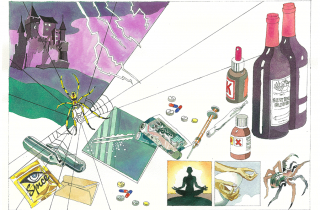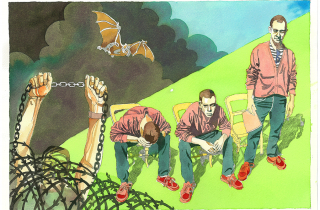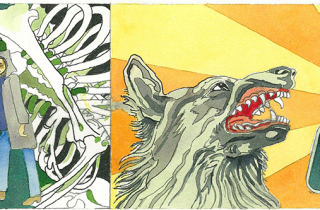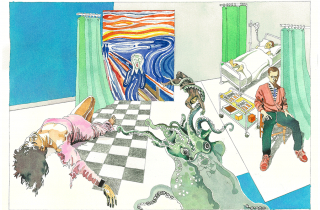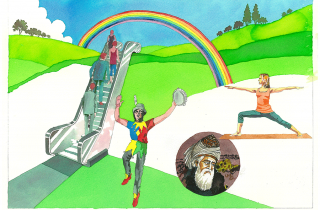From our Q&A session on Relapse with Seven Graham (@AddictionExpert), here are some thoughts.
You can watch the session on You Tube: http://bit.ly/2vE3kZB.
When our son went to re-hab for the first time, I thought our problems were over. But that was just where the real work began. He has relapsed twice since then. I firmly believe that it’s possible for people with addictions to achieve lasting recovery – but that is a process, not an event.
Education – Addiction is a chronic and recurring disease.
Anything you can do to learn about Addiction will help not only you, but your addict as well. Check out the booklist in the resources Section of this site. If you get the chance, attend a family workshop at a re-hab or a support group such as DrugFam or Al-Anon. Read about people’s experience of relapse and strategies for approaching it.
The family’s response – Relapse happens due to compulsivity and a sense of powerlessness. The response by the family to the addict’s relapse is crucial.
Recognise that there’s a distinction between the illness of Addiction and the person you love. Stand up to addiction using every piece of leverage you’ve got. For example:
- Practise withdrawing with love. So, until they have either returned to re-hab or are attending at least 3 meetings a week, they are not allowed to come home. If your addict is living in your home, you may want to require that they attend at least 3 AA or NA meetings a week. If they are old enough, you may wish to consider requiring them to find another place to live. These are not always easy steps to carry out, so you might want to read up on the post ‘Preparation, Find Support and Gather your Team‘ in the Plan of Action/For You section
Compassion for your son or daughter is vital.
When we do our own work – eg attending Al Anon meetings, going to a family course at re-hab, or perhaps working the 12 steps with a Sponsor in Al Anon – we realise just how hard it is for any of us to change our behaviours. We are far from perfect ourselves and we need to be mindful of that if we are slipping into judging and blaming our addicted child or loved one.
I know it can feel like a contradiction to be compassionate at the same time as withdrawing from your addict. Think of compassion as the fuel for the difficult boundaries you have to draw. Holding that thought could well give you the inner conviction to say something like this to your addict after a relapse: “I love you, but I will not enable your illness to flourish. That’s why I have to withdraw with love. When you are ready to ask for help, I will be there for you.”
Keeping Hope:
If the person in your life who got clean or sober through going to NA or AA has relapsed, you may be thinking they’ll never make it because you, or they, don’t have the money for re-hab. Remember to keep Hope alive. There are re-hab bursary schemes for those who need them. You can research those so that if your addict decides he or she wants to go to re-hab, you have that list ready. If they have been trying to get clean or sober on their own, remind them about NA and AA. The power of people in those meetings to support each other and bring about change is astonishing.
Most of all, which of us has ever made any huge change in one fell swoop? Humans need to take time to tread a path towards change; that’s how we roll. When we remember that, we can be at peace with a relapse by a loved one, because we can let go of our initial disappointment and frustration. So have compassion for your addict. Praise her for all her efforts up to now. Tell her you believe in her and that with help, she can achieve recovery.
Stand up to Addiction and never give up.

